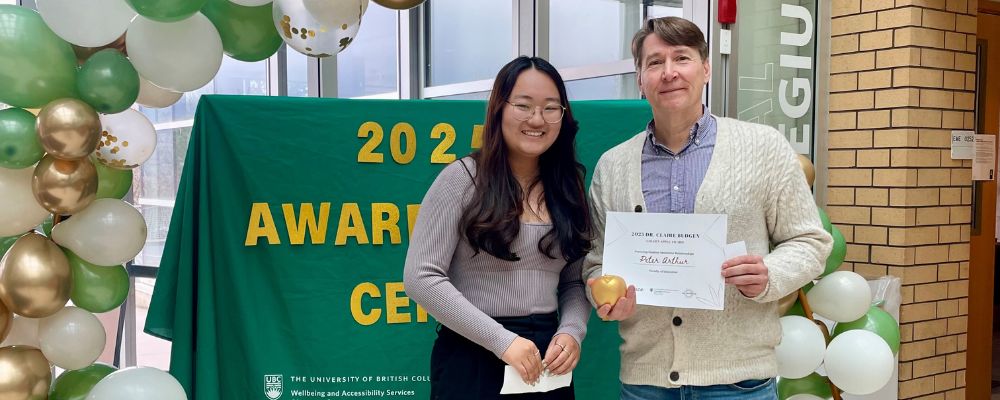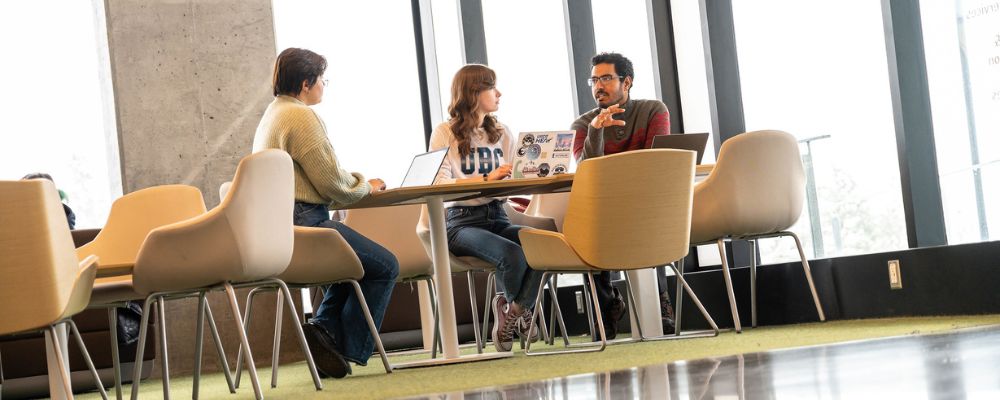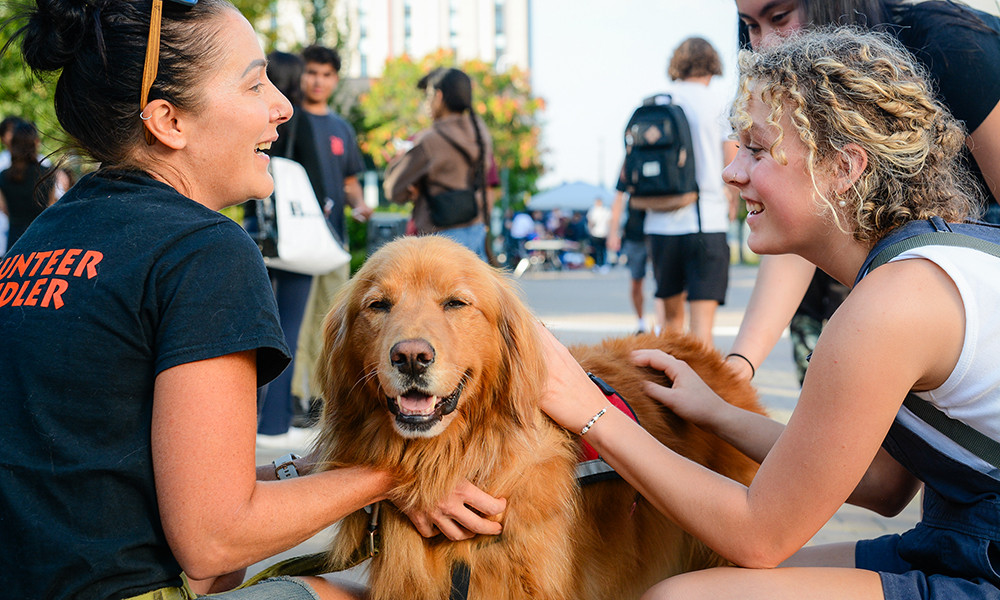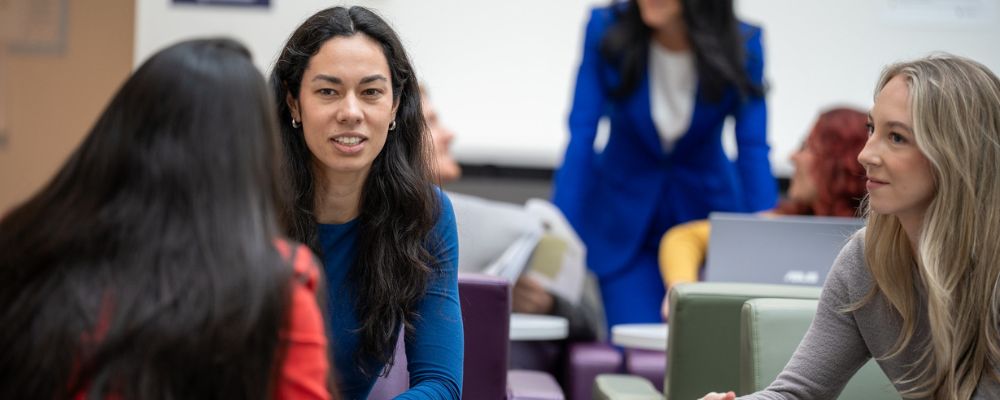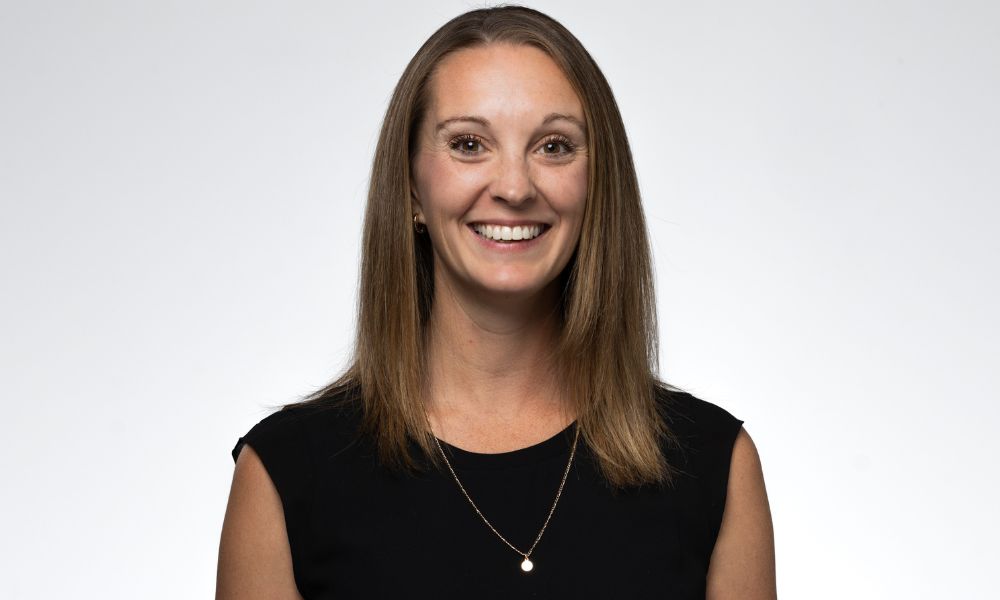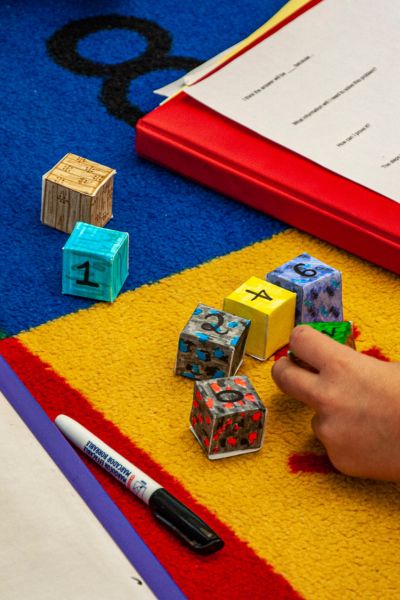
By Dr. Catherine Broom, associate professor
We often hear calls for democracy, but what do we mean by the word, and do we all share the same meaning?
The roots of democracy in Western society lie in Ancient Greece: Democracy means “power by the people” (demo-people; kratos-power in Greek). In Ancient Athens this meant that citizens of the city (primarily free men born in the city) could participate directly in the affairs of the city. This would happen through open government forums that citizens would attend, where they could discuss issues and make decisions through voting.
How does Canada’s form of government relate to the Ancient Greek concept, and what exactly is a democracy today? As Canadian citizens vote for Members of Parliament (MPs) in their ridings, Canada is a “representative democracy,” in the sense that citizens elect “representatives” to govern on their behalf in parliament (not the senate). These individuals are voted in according to the party platforms they run on. When in power, they are (in theory) to govern based on the platform that elected them. Thus, Canadian citizens are not part of a direct democracy in that they do not vote directly on the affairs of state, as in Ancient Greece. However, there is democracy in the sense that citizens vote for Members of Parliament, and citizens have rights to be informed of and comment on how the affairs of the state are run through letters to their Members of Parliament or the news. Citizens, further, hold a number of rights and can have their say through political actions such as voting, writing their opinions in public venues, and protesting.
Canada is a democracy in the sense listed above, but also in the important sense that democracy, as a lived practice, could be argued to be one in which individual members of the public are most valued. That is, in a democracy, citizens are valued as individuals able to participate in the affairs of the state through voting, acquiring knowledge, discussing current issues, and protesting, and the government is meant to be run “of, by, and for” the people, to take an expression from a famous American (Abraham Lincoln).
Is this how Canadians generally understand the term? A recent survey study found that “democracy” is valued by many, but that they hold diverse views of what it entails. For some, it’s respecting the voice of people, for others it’s about “civil liberties” or Charter rights and freedoms. Perhaps we can find some common ground about the idea of democracy by starting with what democracy is not: it is not using intimidation, imposition or violence to push forward one’s ideas of what should be.
Democracy involves more than just voting for the next leader or party in power. It is about having awareness of which laws and policies are developed in order to work towards providing conditions that most promote the well-being, or growth, of people in society. This concept also comes from Ancient Greek times, based in the concept of Eudaimonia, composed of the words eu (good) and daimon (spirit). This term refers to achieving our human potential of living a happy and successful life as a good citizen. Happiness is not understood as the Post-Modern obsession with wealth or fun, but rather as contentment that arises from a life lived ethically (or virtuously [arête]), encompassing intellectual, social, emotional, physical, and spiritual qualities. Success, similarly, does not refer to the collection of monetary or other goods, but rather to the living of life in a manner that fosters the well-being of the individual and those around the person, and the civic community in general. In this sense, democracy is about engagement in the deliberations and decisions which create the conditions that support each individual, as well as the community.
Thus, democracy is more than a system of decision making or governance. It is founded in a belief in the value of each person and a collective commitment to decision making in the interest of the greater or common good of each and all, which is messy and complex and requires discussion, deliberation and (sometimes) conflict resolution. It aims towards providing individuals with the space and context to develop into their best selves while bounding individuals from actions that harm others. For instance, a child with ADHD who needs to move physically in order to learn should be given the space and learning conditions that allow them to grow and find their passion and place in society where they can contribute their gifts (Hallowell & Ratey, 2023).
In the survey mentioned above, participants also mentioned personal qualities such as being open minded, generous, and committed to personal and community well being. These qualities are rooted in respecting diverse individuals and perspectives and engaging in peaceful conflict resolution processes, from protests, to strikes, to arbitration, negotiation, and compromise. The concept of democracy described here is Western and rooted in Ancient Greece, but the ideas of respect for each individual and a commitment to conflict resolution and actions that support larger community wellbeing are found across diverse cultures and traditions, as illustrated in the idea of Restorative Justice.
References
Hallowell, E. & Ratey, J. (2023). ADHD 2.0. London: Sheldon Press.
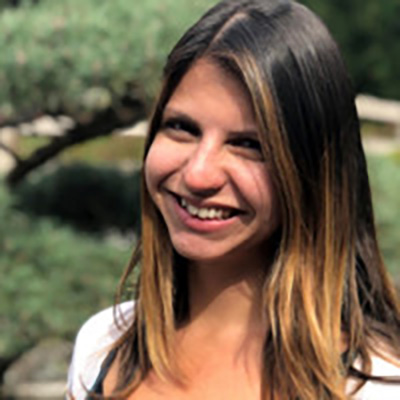
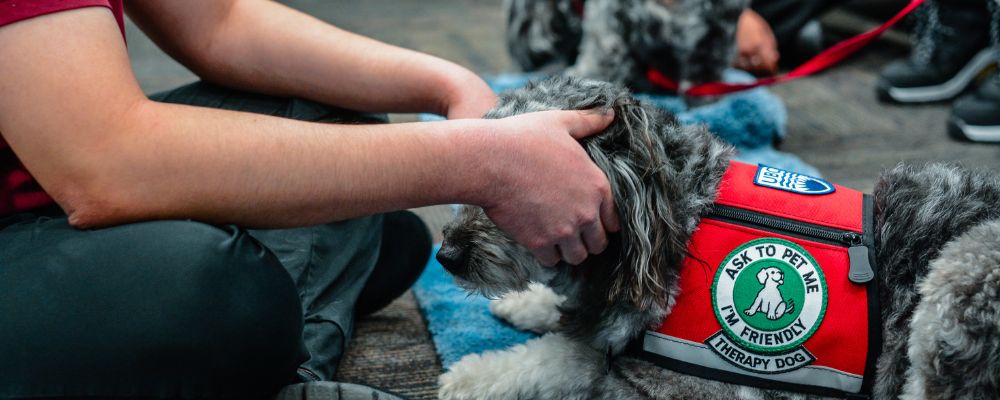
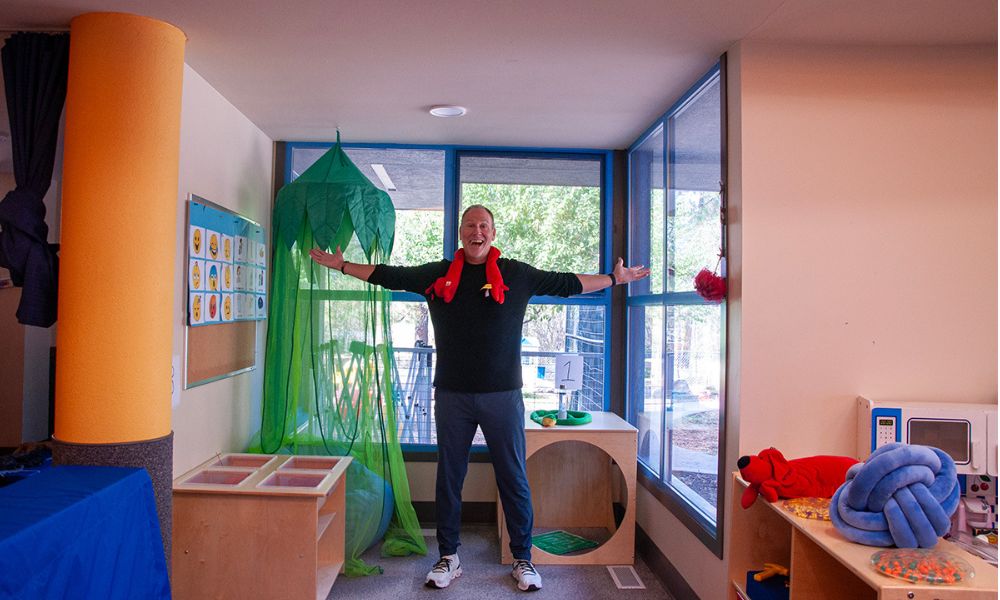
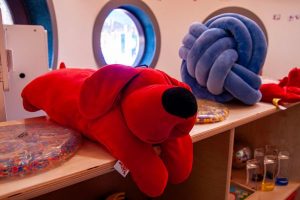 “We’ve seen such a positive difference in the children’s behavior since the sensory room opened,” says Kamini Kishore, Program Manager of the UBCO Child Care Centre. “Having regular access to the equipment gives them an outlet for energy and emotions, and it helps set them up for a more successful day overall.”
“We’ve seen such a positive difference in the children’s behavior since the sensory room opened,” says Kamini Kishore, Program Manager of the UBCO Child Care Centre. “Having regular access to the equipment gives them an outlet for energy and emotions, and it helps set them up for a more successful day overall.”
